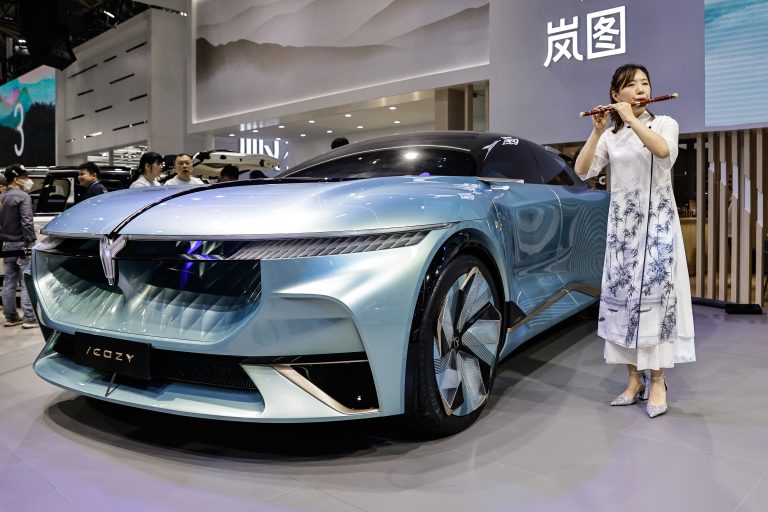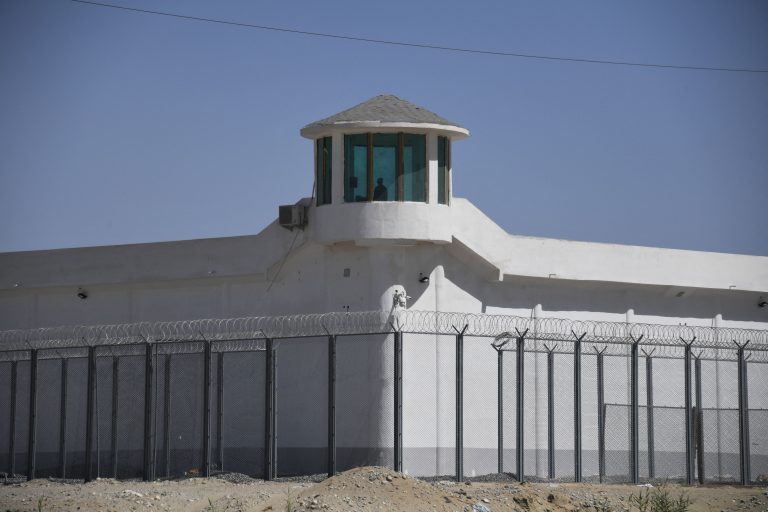On June 21, China unveiled a 520 billion yuan (US $72.3 billion) tax incentive for buyers of electric vehicles (EV) in an attempt to boost both interest in the vehicles and consumer spending amidst a sputtering economy.
Starting in 2024, Chinese EV consumers can expect a discount of over US $4,000 per vehicle, which will dwindle down to just over US $2,000 over the next four years.
The investment is the largest the communist government has invested in the new technology to date. Since 2014, China, the world’s largest EV market, has offered a cumulative 200 billion yuan (US $27.8 billion) in incentives for the vehicles.
Last year China accounted for 60 percent of global EV sales, according to the International Energy Agency (IEA).
The investment appears to be in reaction to a broader economic slowdown that has hit the communist nation following three years of harsh COVID-19 measures.
Success
You are now signed up for our newsletter
Success
Check your email to complete sign up
According to data from the China Association of Automobile Manufacturers, EV sales in the first five months of 2023 totaled 717,000, down from its peak in December 2022.
The weakening sales growth has raised concerns over China’s overall economic health and its ability to implement a recovery.
READ MORE:
- American ‘Tough-on-China’ Lawmakers Urge Top Auto Executives to End Reliance on China’s EV Battery Supply Chain
- Audi CEO Targets China Market for High-End EVs
- Texas Takes Stand Against Organ Harvesting in China With Groundbreaking Legislation
Alarms are being raised over two key metrics that drive China’s economy, property and exports, that are leading experts to predict that the era of high economic growth in China is over. This scenario is unfolding as youth unemployment in the country hits record levels.
In contrast to what other nations are doing, on Tuesday China slashed interest rates in an attempt to spur investment in the country’s economy after it saw exports plunge by 7.5 percent in May.
The People’s Bank of China slashed interest rates by 10 basis points from 3.65 percent to 3.55 percent, and reduced the five-year rate by the same margin. The move follows another interest rate cut last week which saw the bank’s key policy rate — the medium-term lending rate — drop from 2.75 percent to 2.65 percent. It was the first such rate slash since last August.
It’s unclear if these interest rate cuts will be enough to address China’s deepening property investment slump.
Domestic investment in real estate declined by 7.2 percent in the first five months of 2023, after suffering a 6.2 percent decline in the January-to-April period. Economists had predicted a 6.7 percent drop over the first five months of 2023.
In conversation with Bloomberg, Bruce Pang, chief economist and head of research for Greater China at Jones Lang LaSalle Inc. said the property market in China “has not yet fully stablized.”
“The recovery in the supply-side of the property market is lagging that of sales,” Pang said. “Property developers are focusing on existing projects instead of expanding new projects, and they’re still in need of continued policy support.”
The real estate slump has broad implications for the country. Several projects have been halted, stranding buyers waiting for their homes, and employment is being impacted as delays in payment to suppliers and bondholders persist. Several large developers in China are attempting to restructure their debts in order to stay afloat.
While the sale of luxury homes saw a boost over the first five months of 2023, it was not enough to lift the overall property market.













